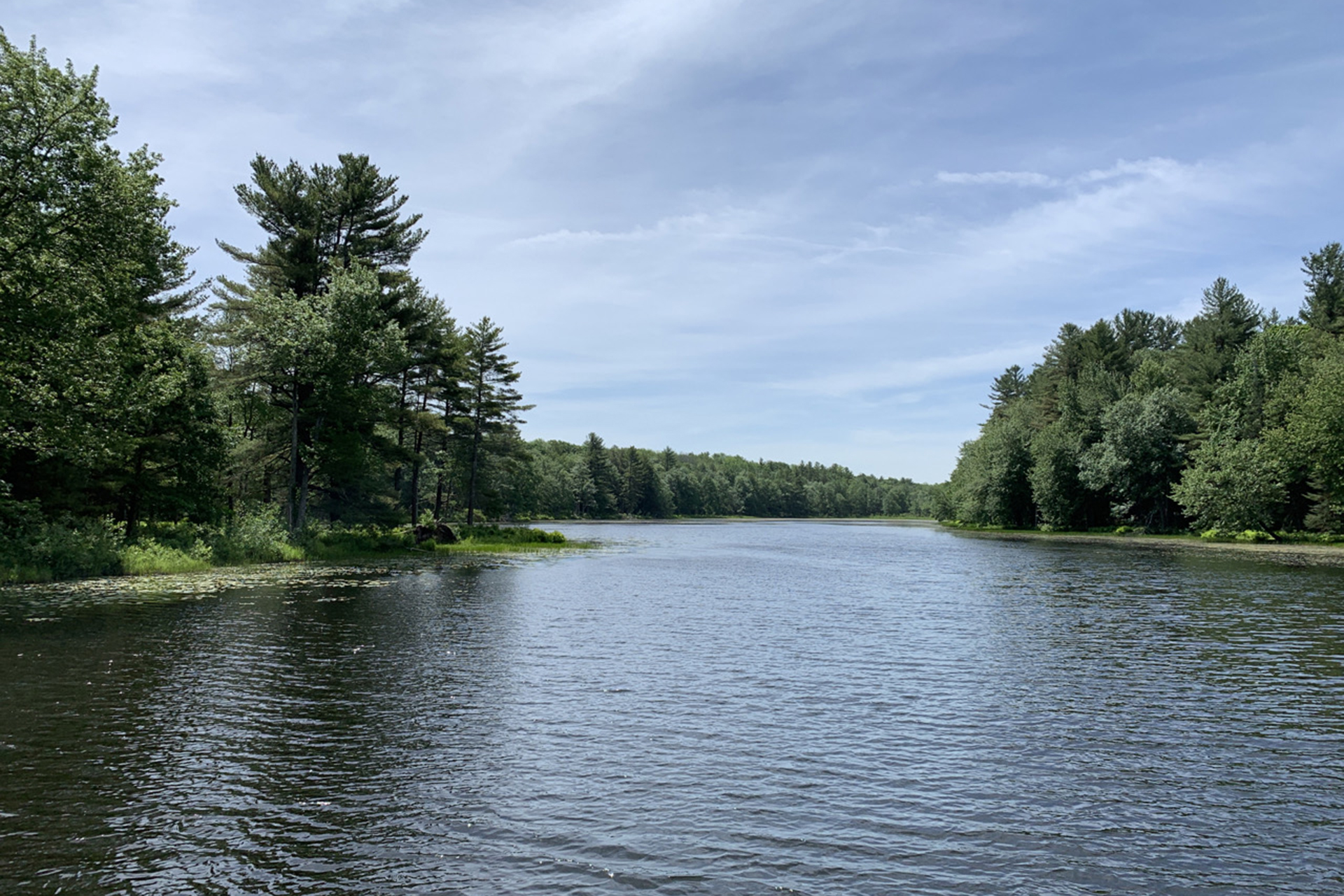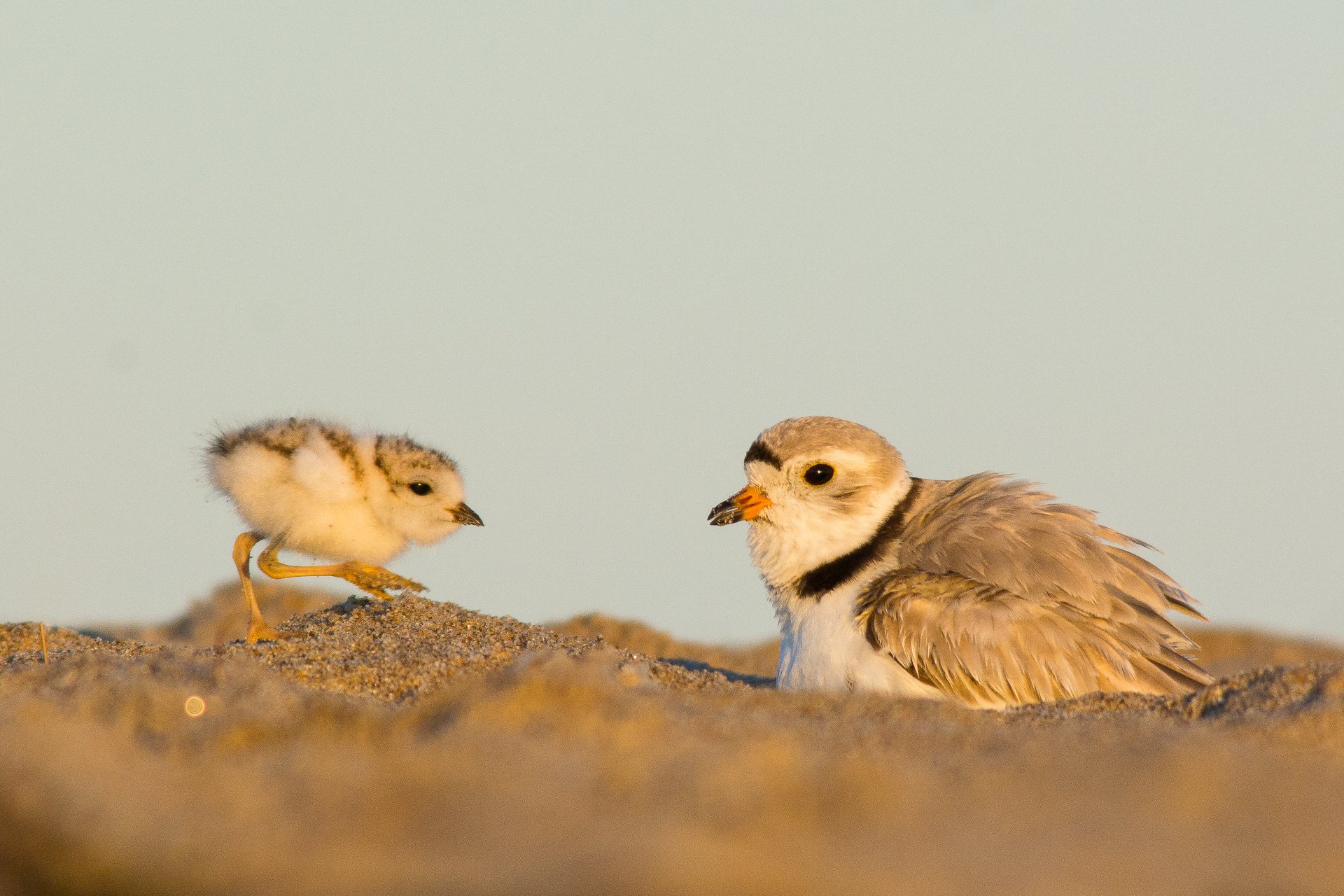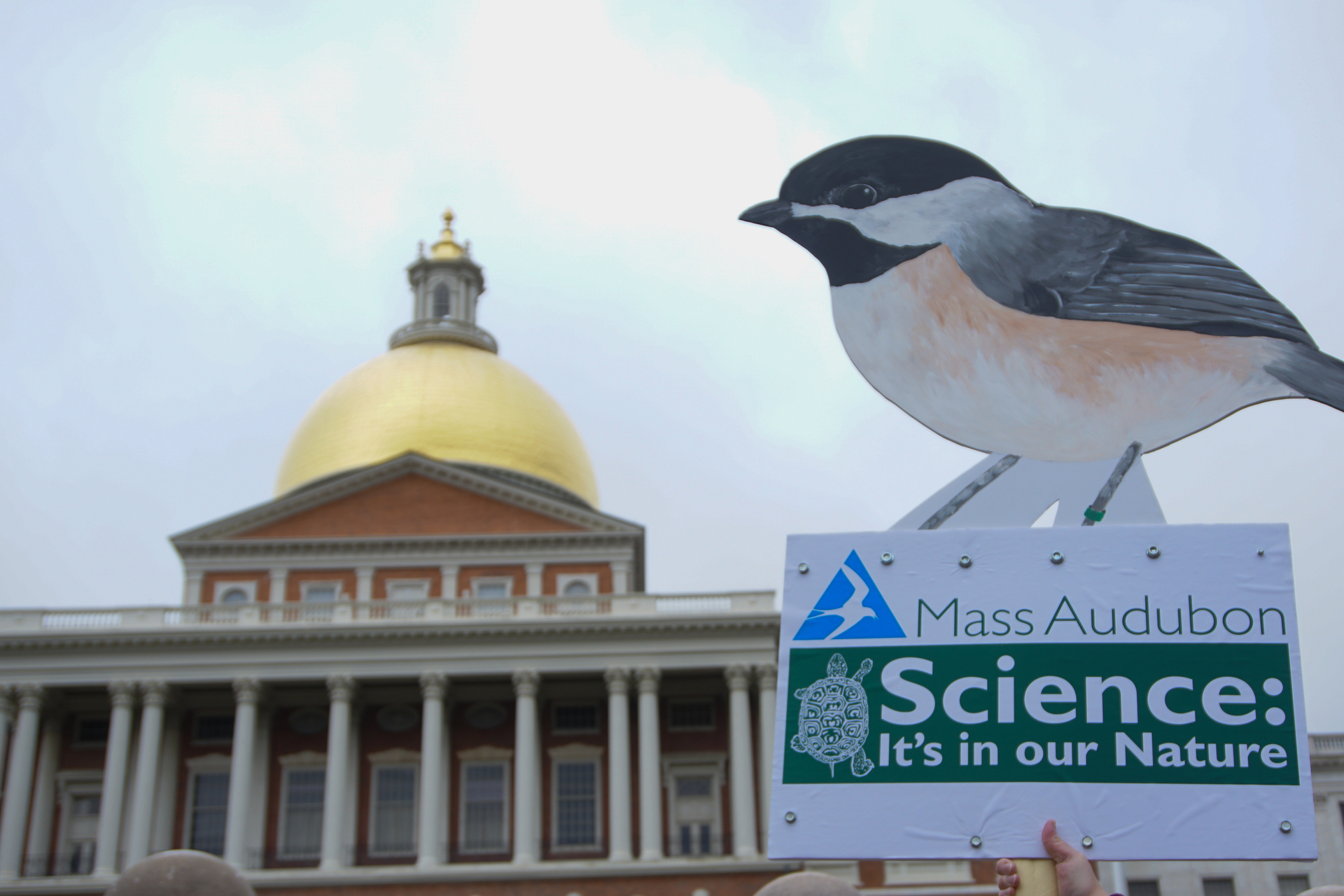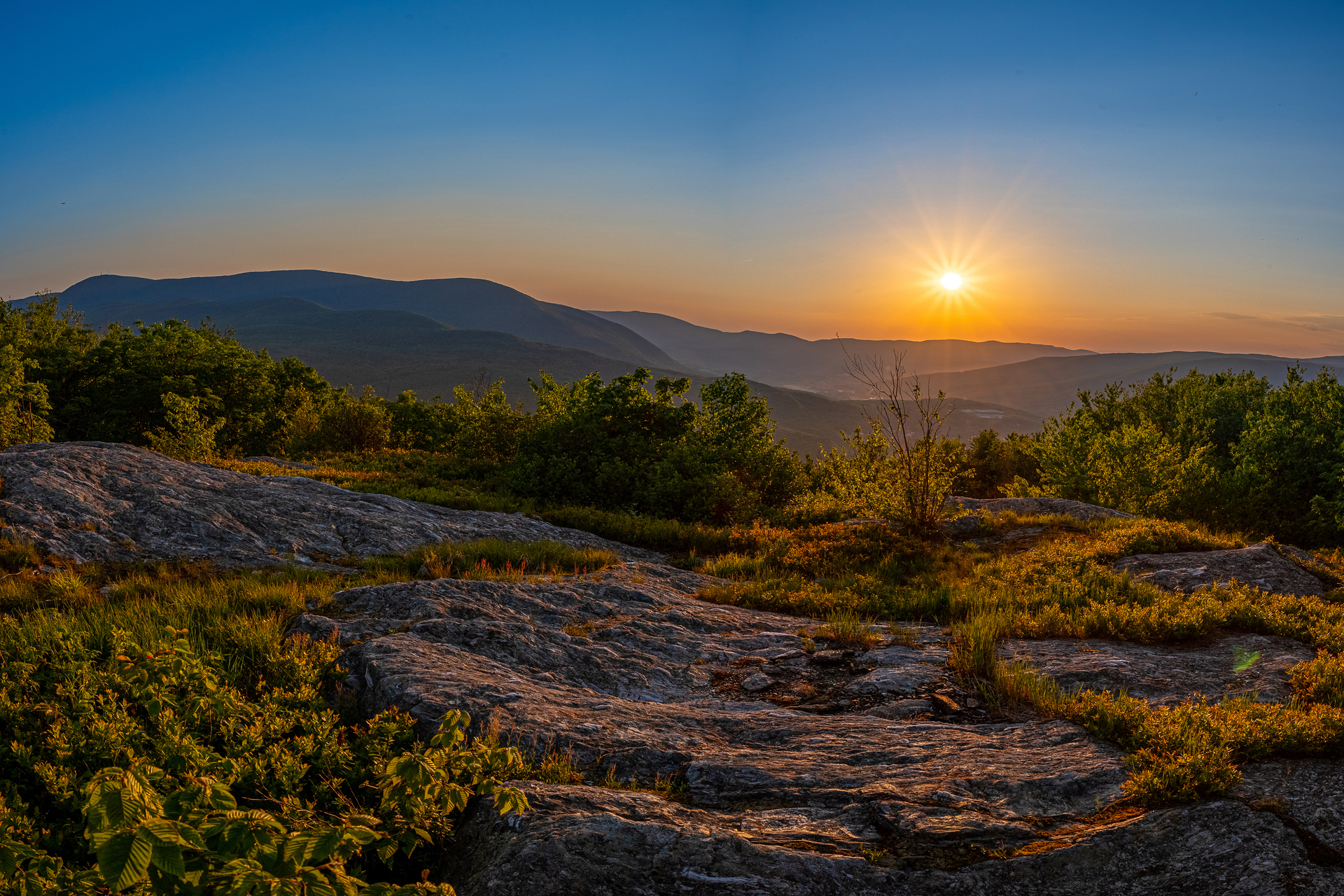Mount Grace Land Conservation Trust & Mass Audubon Protect 800 Acres in Barre
Press Release
July 22, 2024
A group of land conservation partners led by Mount Grace Land Conservation Trust and Mass Audubon has protected more than 800 acres of land in Barre that will provide important wildlife habitat, ensure access to clean drinking water, promote climate resilience, support local farms, and connect thousands of acres of adjacent, protected land.
The Hawes Hill Conservation Corridor, located near Audubon’s Rutland Brook Wildlife Sanctuary, is made up of eight separate properties totaling more than 800 acres that are now protected by perpetual conservation restrictions held by Mount Grace, Mass Audubon, the Massachusetts Department of Conservation and Recreation, the Barre Conservation Commission, and the East Quabbin Land Trust. The private landowners will continue to sustainably manage the land for forestry, agriculture, and passive recreational purposes.
“For five generations our family has been caretakers of the land,” said Molly Stevens Dubois, whose family, owners of Carter & Stevens Farm, protected four of the properties involved. “We value the importance of maintaining space as open fields and forests. Working with Mount Grace on this project has enabled us to ensure that the land is protected for the future generations of farmers.”
The Hawes Hill Conservation Corridor thoughtfully knits together a landscape characterized by diverse habitats, streams, wetlands and carefully managed woods and fields. In addition to being a watershed that feeds and filters water to the Quabbin Reservoir that supplies drinking water to 3.5 million people in the metro Boston area, this land acquisition supports the local economy and connects 3,000 acres of nearby conservation land, while helping the state meet its ambitious climate goals.
“The farms and forests around the Quabbin are important in so many different ways,” said Mount Grace Executive Director Emma Ellsworth. “Amazing places like these urgently need to be protected before they are lost, so it was truly inspiring to see so many neighbors join together to make sure this land was conserved right now.”
The Commonwealth and its conservation partners have set a goal of protecting 30 percent of Massachusetts’ land by 2030. Due to these 800 acres being heavily forested, this project was a conservation priority because of the land’s strong potential to capture and store carbon and connect to other protected land, building a resilient landscape that supports wildlife and enables adaptation in the face of climate change.
Mass Audubon used funds from its new $75 million 30x30 Catalyst Fund to complete the deal and help battle the twin crises of climate change and loss of biodiversity.
“Two things move the needle when it comes to land conservation: skilled and generous people and dedicated funds that can be brought to the table in a timely manner,” said David O’Neill, President of Mass Audubon. “Our amazing staff and experienced partners made this happen, and now we all reap the rewards of the environmental and recreational benefits of protecting these pristine forests, fields, and streams. We’d like to thank our many private and public funders, and the landowners who joined with us to make this ambitious project a reality.”
This would not have been possible without assistance from the Community Foundation of North Central Massachusetts, the Fields Pond Foundation, the Massachusetts Landscape Partnership Program, the state DCR Division of Water Supply Protection, The Nature Conservancy, MathWorks and other funders of Mass Audubon’s 30x30 Catalyst Fund, and generous individual donors to both Mount Grace and Mass Audubon.
To learn more about the 30x30 Catalyst Fund or to make a donation, visit massaudubon.org/catalystfund.
About Mass Audubon
Mass Audubon is the largest nature-based conservation organization in New England. Founded in 1896 by two women who fought for the protection of birds, Mass Audubon carries on their legacy by focusing on the greatest challenges facing the environment today: the loss of biodiversity, inequitable access to nature, and climate change. With the help of our 160,000 members and supporters, we protect wildlife, conserve and restore resilient land, advocate for impactful environmental policies, offer nationally recognized education programs for adults and children, and provide endless opportunities to experience the outdoors at our wildlife sanctuaries. Explore, find inspiration, and take action at massaudubon.org.






